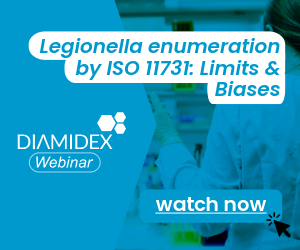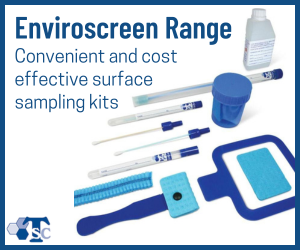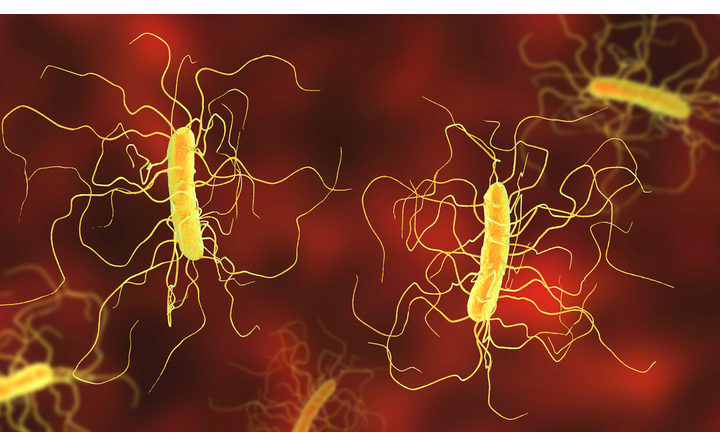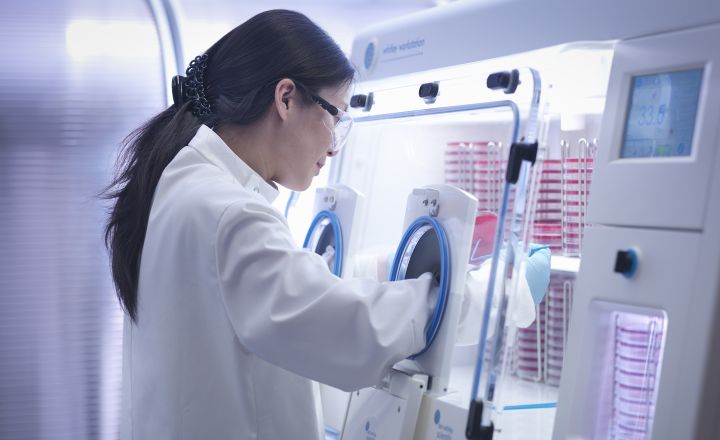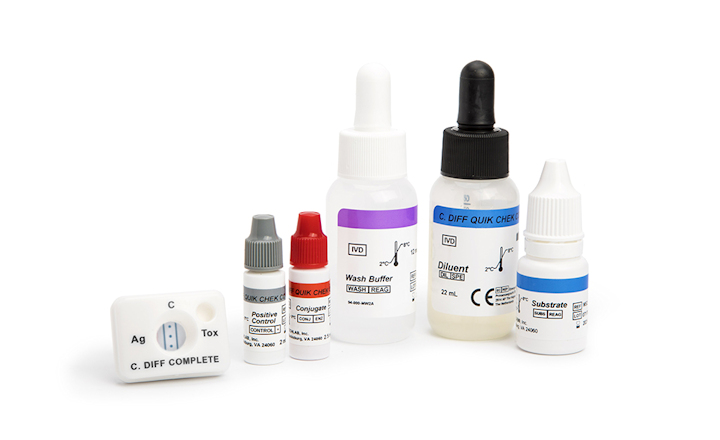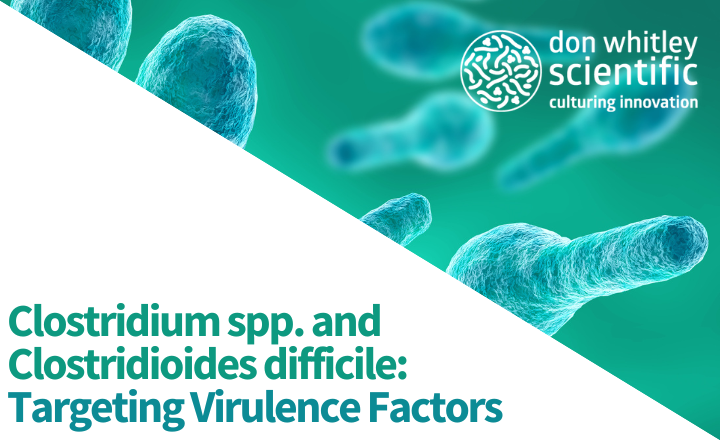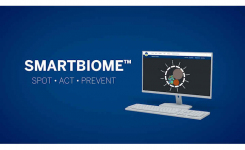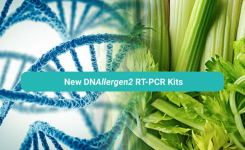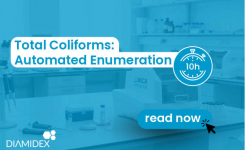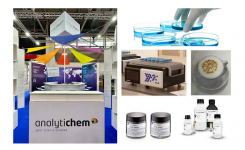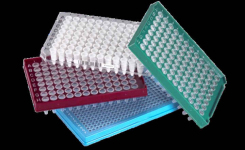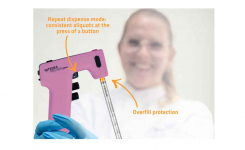- C. difficile colonises humans but can also cause severe, sometimes fatal diarrhoea.
- Approximately 10–15% of hospitalized patients and an even greater proportion of those in long-term care facilities carry C. difficile asymptomatically.
- CDI is toxin-mediated, yet distinguishing infection from colonization remains diagnostically difficult - often leading to unnecessary antibiotic use.
- The gut microbiome strongly influences the transition from colonization to disease, but current diagnostics ignore microbiome context.
- Incorporating microbiome signatures could refine CDI diagnosis, improve antimicrobial stewardship, and enable more targeted interventions.
Key Findings: Kwon et al. (2025) analysed 172 stool specimens from individuals positive for glutamate dehydrogenase (GDH) from C. difficile, categorising them into three groups:
- toxin positive;
- toxin-negative but toxin-gene (PCR) positive;
- and toxin-negative and toxin-gene (PCR) negative.
- There was no significant difference in microbiome diversity across the three groups.
- Critically, C. difficile relative abundance itself did not differentiate toxin (+) from toxin (-) cases.
- For the toxin (+) group:
- Prior antibiotic exposure and previous CDI history were significant covariates, particularly for fluoroquinolones (OR (95%CI) 11.81 (2.4-214.7), P = 0.02).
- Specific taxa (Akkermansia muciniphila, Flavonifractor plautii, Bifidobacterium adolescentis) were enriched, suggesting these taxa may serve as discriminants for CDI.
- Distinct microbial metabolic pathway signatures and antibiotic-resistance gene enrichments associated with toxin status (i.e., distinguishing toxin-positive versus toxin-negative/colonised).
Bigger Picture: This study highlights the potential of microbiome-informed diagnostics to differentiate true CDI from benign colonization. By integrating microbiome structure and function into diagnostic workflows, clinicians could enhance diagnostic precision, reduce overtreatment, and strengthen infection control. Future precision CDI diagnostics may combine microbiome biomarkers with rapid toxin detection, host response markers, and clinical risk scores to improve patient management and outcomes.
Reference:
- Kwon et al. (2025). Microbiome signatures of Clostridioides difficile toxin production and toxin gene presence: a shotgun metagenomic approach. mSphere. Vol.10, Issue 10:e0043525.
(Image Credit: iStock/Dr_Microbe)


